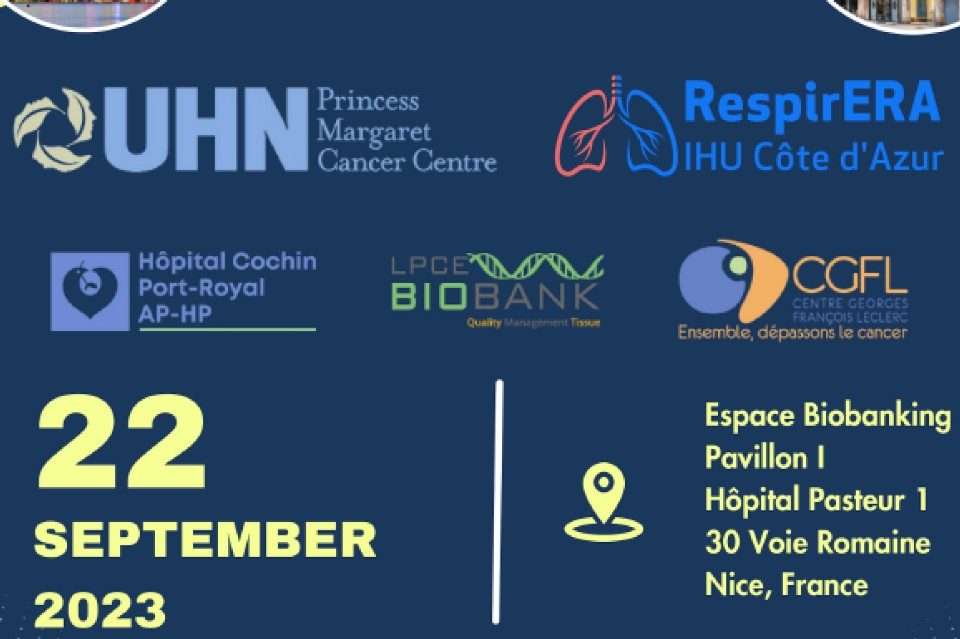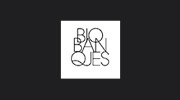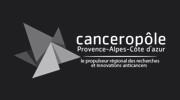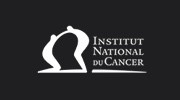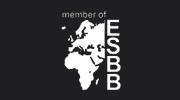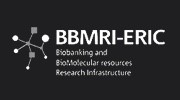Princess Margaret Cancer Biobank (PMCB) is a muti-site large-scale biorepository for human biospecimens and associated clinical data. PMCB offers retrospective and prospective study-specific banking tailored to research needs, including: study protocol development, biospecimen procurement and processing, long-short-term cryostorage and digital pathology services such as Tissue Microarray (TMA) construction, quantitative image analysis of TMA sections, Laser Capture Microdissection (LCM), digital slide scanning, pathological/clinical analysis for various tumour sites and DNA/RNA extraction, PMCB provides access to retrospective sample collections such fresh, frozen and formalin fixed paraffin embedded (FFPE) surgically resected tissue, biopsy cores, compartmentalized blood components (serum, plasma, buffy coat, PBMC) and various body fluids (urine, stool and saliva), along with pathology annotations that are banked in long-term storage for future research.
The McCain GU Biobank (MGB) is an investigator-initiated bioabnking program that collect and archives biological specimens and data obtained from consenting urologic oncology patients and stores them for future research purposes. MGB was founded in 2008 to facilitate the discovery and validation of novel biomarkers, aiming to achieve personalized medecine in Urology. The promise of liquid biopsies has further enhanced the relevance of this initiative. MGB has mapped relevant clinical states for urology cancer cohorts and controls, and established a systematic and clinically-integrated approach to biospecimen procurement. All consenting patients provide specimens prior to, during and following their treatment(s). Each sample collection point (Clinical State) is dictated by detailed flow diagrams that have been developed for each cohort.
The Nice Côte d’Azur Biobank (NCAB) is a biobank which focused its activity in collecting and sharing samples from respiratory diseases patients. Smaller collections concern skin, ocular and thyroid diseases. This biobanks has been recently integrated in the IHU RespirERA which is devoted to non tumoral and tumoral thoracic diseases. The NCAB is certified and accredited according to the ISO9001 and ISO20387 norms. Collections include tissue samples (frozen and FFPE), biofluids (whole blood, plasma, PBMCs, serum and urines) and derived products (extracted DNA/RNA). Different platforms are integrating in the biobank including a TMA service, digital pathology resource, molecular biology and immunohistochemistry opportunities and liquid biopsy activities (both cfDNA and CTCs assessment). The team of the NCAB is responsible of the MSc Biobanks and Complex Data Management and of the MSc European Molecular Pathology at the Côte d’Azur University, Nice, France.
Cochin hospital is an expert site of thoracic cancer management and our biobank collect multiple biological specimens (blood, surgical samples and biopsies) from non-tumoral and tumoral thoracic diseases, with the corresponding clinical data. This biobank has been accredited in 2013 according to the ISO96900 norm and the ISO20387 norm is in progress. Collections include fresh samples for prospective studies, frozen and FFPE tissue samples and derived products (extracted DNA and RNA). We work with one of the two national molecular platforms, SeqOIA, as part of the France Medicine Genomique 2025 plan. The biobank is part of Cancer Paris CARPEM Institute (Cancer Research for Personalized Medicine), a Comprehensive Cancer Center recently by the OECI (Organisation of European Cancer Institute).
The CGFL biobank is a cancer dedicated biobank focusing its activity on Breast and Lung Cancer by collecting and sharing samples from patients. Smaller collections concern colorectal and ovarian diseases. This biobank has been recently integrated in the IHU RespirERA for thoracic part. Collections include tissue samples (frozen and FFPE), and derived products (extracted DNA/RNA). DIfferent services are available in the biobank: digital pathology services, quantitative image analysis, digital slide scanning and DNA/RNA extraction.
The CRB Santé was founded at Rennes University Hospital in 2001. The biobank was approved by Inserm in 2002 and by the national infrastructure organization (IBiSA) in 2007. It was awarded NFS-96900 certification in 2009. The biobank has played an active role in a number of initiatives to promote biobanks, as a member of several working groups, including the OECD, the Ministry of Research and Innovation Commitee, and the French standards organization (AFNOR). Since its creation, the CRB Santé activities and scope of intervention have steadily expanded, notably through the development of translational research activity by the research teams; its integration into national and European organizations; an easier access to biotech start-ups and the pharmaceutical and diagnostics industries, as part of a reinforced valorisation policy.

